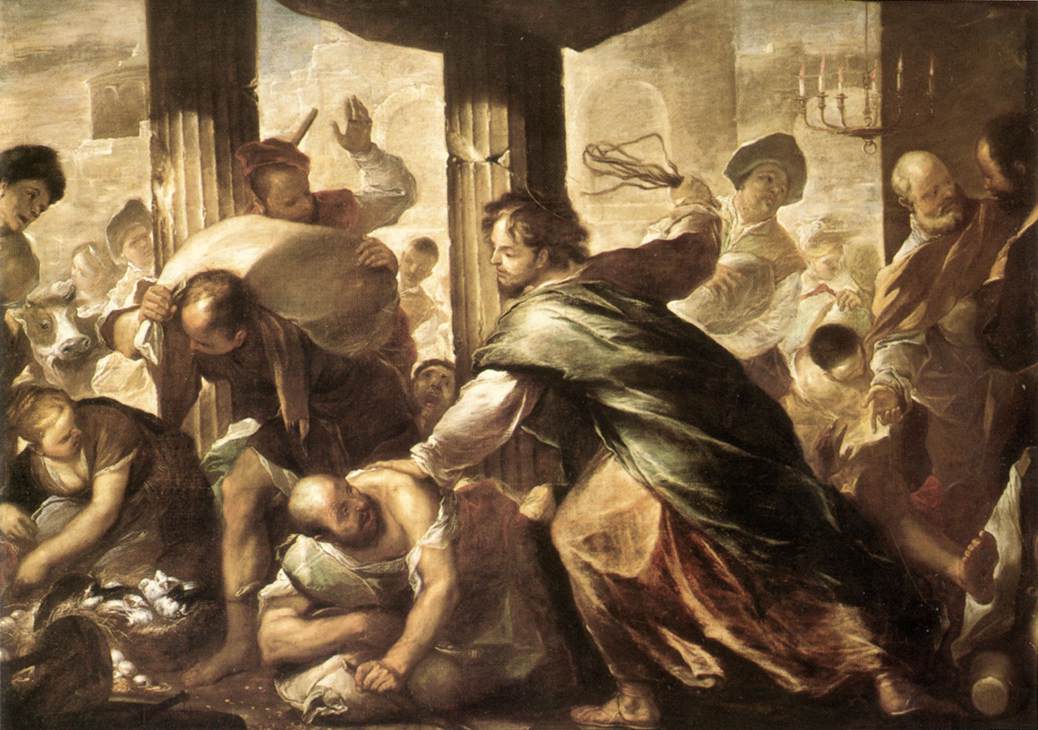When the press measures attitudes rather than facts:
Jesus Christ may have lived as a poor man and consistently been on the side of those with little material wealth, but a poll shows almost half of the Christians in the United States believe people who live in poverty do so because they’re lazy. Indeed, Christians, particularly white evangelicals, are much more likely than non-Christians to associate a lack of wealth with a lack of effort, according to a poll from The Washington Post and the Kaiser Family Foundation published Thursday.
The survey, conducted between April 13 and May 1 with a sampling error of plus or minus 4 percentage points, indicated that 46 percent of Christians believed that a lack of effort is generally to blame for a person’s poverty, compared with 29 percent of non-Christians.
It goes on, blah, blah, blah, numbers numbers numbers. But is of interest to note that the issue of whether Christians are factually correct is never addressed. The author presents no facts concerning what objectively makes people poor. He is instead content to conflate “lazy” (a moral judgement) with “lack of effort” (a measurement of the activity dedicated to gaining wealth*) and put the former into the mouths of those whom he dislikes. That’s because the article is not about why certain people are poor, but about how Christians are mean. It’s an article dedicated to shaming.

But it is also a rather neat illustration in how the press can miss the real issue. There is a “mean” position: the poor are that way because of their own actions. And there is a “nice” position: the poor are that way because of circumstances outside their control. And there is a correlation between political and religious identity and the positions held. But the positions themselves are mislabeled.
A truer description of the positions are that either one believes in cause-and-effect, or one does not. Those people who hold the “nice” position, that the poor are that way through no fault of their own, do not actually believe that there is such a thing as “fault of their own.” They do not believe in cause and effect, or that actions have consequences, or that persistence and discipline matter. They believe in a world of magic and chance, where some people win Life’s Lottery™ and others don’t. They are believers in randomness rather than in a just and structured universe.
People who hold the “mean” position believe that actions matter, that causes have effects, and the universe and the economy and the market are generally predictable and structured.
It is not hard to understand how people who believe in an orderly and just creator God would generally adhere to the second. It’s just too hard for a reporter.
* Plenty of people, like Jesus himself, expend significant effort on non wealth-generating activities. They may be poor, but they are not lazy.










5
3.5
The rational position is to believe in cause and effect and, in an act of mercy, to allow for the very real possibility of misfortune. But, hey, rational is not what the mainstream is looking for.